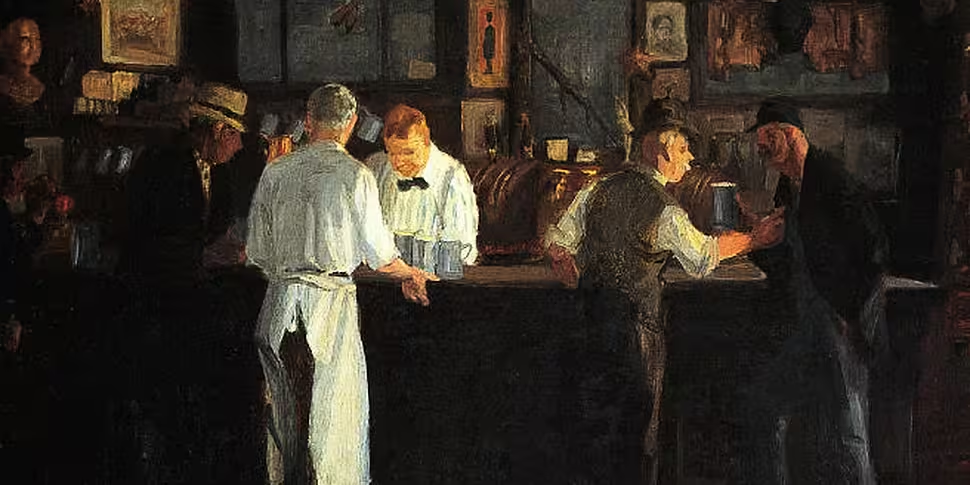Though you’re never supposed to talk about them in polite company religion, politics, and sport are at the heart of many fascinating stories and arguments. This week’s ‘Talking History’ recommended reads touch on these taboo topics.
God’s Traitors
Jessie Childs makes the first of the cardinal conversation faux pas the centre of his work, ‘God’s Traitors’. Though Elizabethan England is remembered for its toleration this is really only because the rule of the Virgin Queen was less sectarian than her siblings and contemporaries. In truth Catholics, and other recusants—those who didn’t attend Anglican services every Sunday, faced severe penalties for their religious nonconformity with torturous execution awaiting the most unfortunate.
As with many history books ‘God’s Traitors’ gives a strong indication of the material in the subtitle, ‘Terror and Faith in Elizabethan England’. Though Elizabeth’s reign had never really been kind to Catholics it got drastically worse following Pope Pius V’s papal bull, Regnans in Excelsis in 1570. Using the catholic Northamptonshire Vaux family as her prism Jessie Childs tells the story of the Catholics who killed and died for their belief in Elizabethan England.
This book looks at the religious fundamentalism and extremist ideology that drove figures on both sides of the sectarian divide. Despite the passing of four centuries many of the issues, actions, and ideologies explored in this book remain problematic today. ‘God’s Traitors’ is a great read for anyone interested in the English Reformation, Elizabeth’s reign, and how religion became such a divisive subject in the British Isles.
The Devil’s Alliance
As proven by Pius' bull, words and writing can have a far greater impact on history than actions. In August 1939 another such history altering document was born when Molotov and Ribbentrop signed the Nazi-Soviet Treaty of Non-Aggression. This allowed Hitler to move freely in Western Europe free from the threat of the Red Army in the east.
Despite the practical nature of the pact it was massively unexpected. Ideologically they were fundamentally opposed and each had been demonising the other for years. Though Hitler would break his word after only 22 months the pact had achieved its aims and radically changed the world. In his latest book, ‘The Devil’s Alliance’, Roger Moorhouse explores the Nazi-Soviet Pact in meticulous detail.
Moorhouse goes beyond a simple ideological dissection of the parties involved to illuminate the wider political landscape at the time and how, when we look closely, it isn’t all that surprising that Hitler and Stalin joined together. A great exploration of the pact itself, how it came about, and how the interested parties dealt with its disillusion ‘The Devil’s Alliance’ illuminates the realities of international relations at the time. An excellent book for those interested in the politics of Nazi Germany, Soviet Russia, and the Second World War.
Wounded Tiger
Sport lies at the heart of this week’s final book recommendation. A cultural building block, sports help to forge national identities and bring nations together. It is no surprise that the GAA feature so prominently in the Celtic Revival or that New Zealand, the haka, and rugby are so closely associated and interwoven. In ‘Wounded Tiger’ Peter Oborne looks at the history of cricket in Pakistan and the close relationship between nation and sport.
When Britain ended its direct rule of India in 1947 sectarian divisions saw the territory split between the majority Hindu and Sikh India and the majority Muslim Pakistan in the northwest and east. In its almost 70 year history Pakistan has been plagues by violence and controversy. Tensions with India erupted into conflict in ’48, ’65, ’71, and ’99 while increasing dissatisfaction and violence in East Pakistan culminated in the formation of the independent sate of Bangladesh in ’71.
Oborne uses cricket as a way to explore Pakistan’s history and international attitudes to this national. Though he doesn’t shy away from the controversies that have plagued the national team Oborne looks beyond the stereotypes to find the Pakistani cricket behind the headlines. Even the portraits of some of the greatest players in history are challenged in ‘Wounded Tiger’. This is a must read for anyone interested in the racial, cultural, and social history of cricket and Pakistan.









